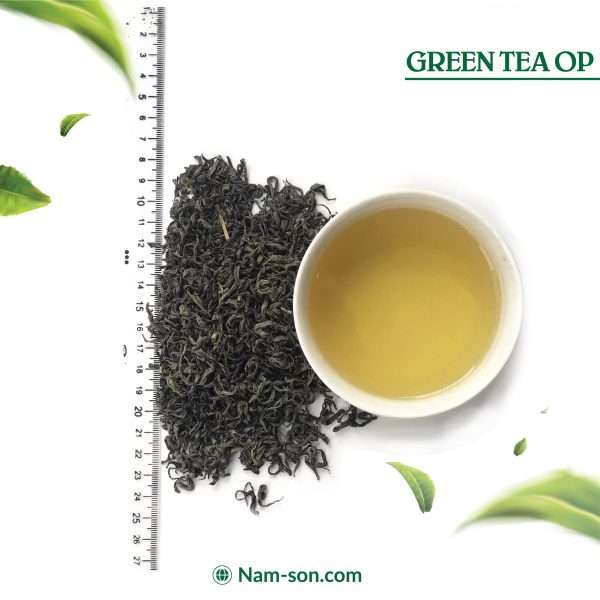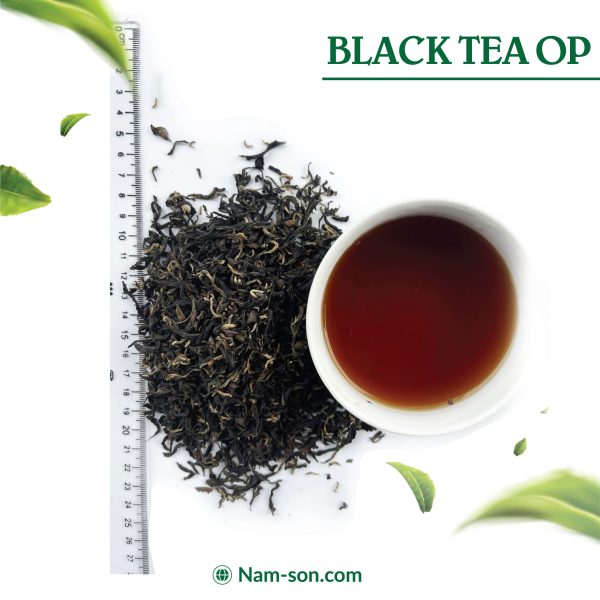Orange Pekoe, or OP, is one of the most beloved tea classifications, known for its refined taste and high quality. From the origin of its name to its unique ways of preparation, OP offers many interesting facts that are not widely known. This article will help you uncover five fascinating things about OP to better understand this special tea.
1. What is OP, and why is it special?
OP (Orange Pekoe) is one of the most popular and cherished types of tea worldwide. OP is not the name of a specific tea but rather a classification of tea leaf quality. In tea grading, Orange Pekoe is often used to refer to whole leaves picked from young tea buds, which are large and mostly intact. This quality level results in a delicate flavor and outstanding tea quality.
2. Where does the name “Orange Pekoe” come from?
Many people mistakenly believe that “Orange” refers to an orange flavor in the tea, but this name actually has no connection to the taste or aroma of the tea. “Orange” is thought to originate from the Dutch Royal House of Orange-Nassau, representing the tea’s high-quality and noble character. The term “Pekoe” comes from the Chinese word “白毫” (bái háo), meaning “white hairs,” which refers to the fine downy hairs on young tea leaves.
3. The grades of OP – each grade offers a unique experience

OP is not a single tea classification; it includes additional grades, such as FOP (Flowery Orange Pekoe), TGFOP (Tippy Golden Flowery Orange Pekoe), and SFTGFOP (Super Fine Tippy Golden Flowery Orange Pekoe). These higher grades not only indicate the intactness of the tea leaves but also the presence of “tips”—young buds that are rich in essential oils and provide a fuller, more intense flavor. The leaves in higher grades are often slightly golden and shiny, producing an appealing tea color and a deeper aroma, offering a more complex tasting experience.
4. The taste of OP – a balance of subtlety and complexity
One of the reasons OP stands out is its diverse and complex flavor profile. Depending on the growing region and processing method, OP can range from light and refreshing to rich and robust. Many people love OP because of its smooth, slightly sweet aftertaste, without the bitterness present in some other types of tea. OP is suitable for both beginners and experienced tea enthusiasts, as it is neither too strong nor too mild, maintaining just enough complexity to leave a lasting impression.

5. How to enjoy OP to its fullest?
Enjoying OP requires a bit of finesse in brewing to retain its full flavor. The ideal water temperature is around 85-90°C (185-194°F), with a steeping time of 3 to 5 minutes. If the tea is steeped too long or in overly hot water, it can become bitter, losing its natural, subtle taste. To enhance your experience, you can add a little honey or a slice of fresh lemon to create a perfect balance between sweetness and slight acidity, which also highlights OP’s natural aroma.
Conclusion
Orange Pekoe is the perfect choice for those seeking refinement and quality in each cup of tea. Not only does it offer a delightful taste, but OP also brings a fascinating experience in tea grading and enjoyment. We hope that the information shared here will give you a better understanding of OP and inspire you as you savor this special tea.
